What the heck is a GMO? GMO stands for genetically modified organism. Basically it’s the process of taking a gene from one species and forcing it into the genes of another species. There are two main categories of GMOs for food. There are herbicide tolerant crops which can be sprayed with heavy herbicides mainly Round up, and not be killed so all the weeds around the plant die, but the plant lives.
There are also pesticide producing crops that produce their own toxic insecticides so when the bugs bite them, it breaks open their stomach and kills them.
So genes are being swapped between species that are foreign to nature, creating new organisms that were not part of the evolutionary process. We have no idea what kind of effect this will have on the ecosystem nor whether the negative effects will be reversible.
The process of genetic engineering creates unexpected side effects. It creates gene sequences that are foreign to nature, to our immune systems. The immune system reacts b/c it’s never seen the gene sequence. The immune system reacts and attacks the sequence rather than being nourished by the food that contains the sequence, thus the rise in food allergies.
GE, genetically engineered or GMO (they are interchangeable) soy and corn were introduced in 1996 to the American Diet. Many diseases related to gut inflammation have been on the rise since then. They take a toxin called BT toxin and insert it into every cell of the GE plant, when an insect eats it, it explodes their stomach. The EPA says this doesn’t affect humans or animals. If it does the same in humans, it basically causes leaky gut, holes in the gut allowing food to prematurely leak into the blood stream.
When food leaks prematurely into the gut, the body creates antibodies to that food and we become allergic.
There are 9 GMO crops currently-
They are soy, corn, cottonseed, canola, sugar beets, Hawaiian papaya, and a small amount of zucchini, yellow crookneck squash and alfalfa. Most of them are used in processed foods so it’s good to get those out of the diet or at least eat organic processed foods. If an ingredient list names sugar, but not Pure cane sugar, then it almost definitely is a mixture of cane and beet sugar. Also, if your milk does not say rBHT or rBST free or made without artificial hormones then this is GMO milk. I use raw milk which you can find by going to a site called www.realmilk.com to find sources in your area.
You can download an app for your phone that will give you all the updated info. on GMOs and what products are GMO free at www.responsibletechnology.org. I also highly recommend watching the documentary on that site called Genetic Roulette.
Avoid any non-organic soy, corn, cotton seed oil, canola oil and sugar from sugar beets.
And if GMOs aren't harmful enough, consider other reasons why GMO farms create sub-par crops. In the US alone, more than 1.2 billion pounds of pesticides are dumped onto our food crops on a yearly basis. Not only are pesticides toxic, the farming practices on conventional farms (those that use chemicals) are different than those practices used by organic farmers.
Conventional practices include using chemicals to make plants grow and produce fruit whereas, organic farms practice amending the soil to feed it so that nutrient-dense, healthy produce can grow in it. Conventional farms amend the soil with three of the 52 necessary chemicals, phosphorous, nitrogen and potassium. That leaves the soil and resulting crops devoid of 49 necessary minerals. Many studies show that fruit and vegetables grown in organic soil contain many more nutrients than those grown in conventional methods. It seems obvious why this might be the case! Many, if not all of our diseases are associated with mineral deficiency at the core.
Life begins in the soil and the quality of our soil is largely responsible for the quality of our lives! Love your dirt!!
Maria Rippo is a Transformational Healing & Wellness practitioner with an online as well as a local practice in Bothell, WA. She is an Advanced Clinical Hypnotherapist and Holistic Coach, working towards her Master's and PsyD in Transpersonal Psychology, but mostly, she is a human trying to figure out how to navigate this thing called life. This article Copyright 2016 by Maria Rippo, all right reserved. To replicate or use any portion of this article, please do so in its entirety including this text or contact the author at [email protected].
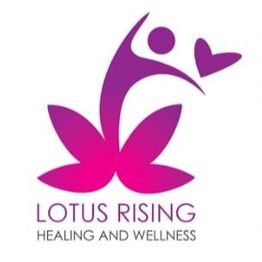
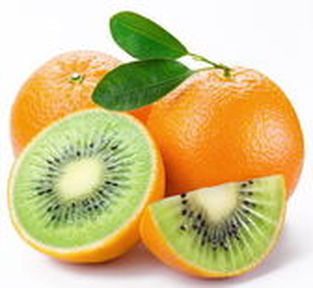

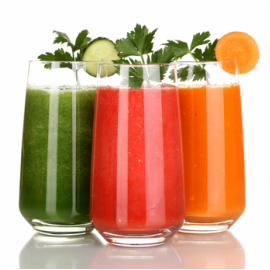

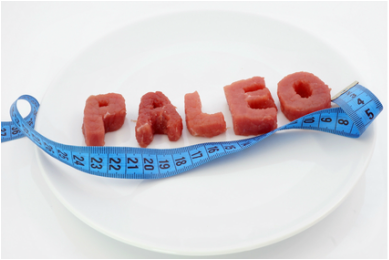

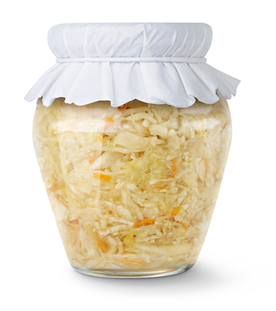
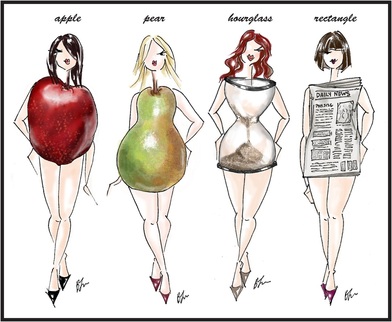



 RSS Feed
RSS Feed